Manfred Weber for European People’s Party
Weber is part of the Bavarian centre-right CSU party which positions itself on the conservative wing of the EPP. While his experience in European politics is quite vast, with three terms in the European Parliament, he has never held any major role in a governmental body in Bavaria nor in Berlin. One might even argue that Weber is out of touch with the European citizens, being little known outside Brussels.
Weber’s political agenda is focused on stronger external border control, stopping illegal immigration and reconnecting Europe with the people. His non-confrontational position when it comes to Hungary’s Prime Minister Viktor Orbán can be considered both a benefit or a disadvantage depending on whom you are asking, yet his profile of a quiet conciliator, as well as his lack of affiliation with controversial topics such as austerity, might attract the votes of some. While he avoided the big debates, that did not stop him from making some rather controversial remarks on Twitter on subjects such as dominant culture (Leitkultur).
Europe Elects predicts that the EPP will get 172 seats in the upcoming European elections, out of the 705 available.
Frans Timmermans for S&D
Frans Timmermans is a member of the Dutch Labour Party and current first Vice-President of the European Commission. He has been Minister for Foreign Affairs from 2012 to 2014 and State Secretary for European Affairs from 2007 to 2010. Timmermans is a supporter of welfare and has been titled by many as a champion of the rule of law. Besides his acclaimed public speaking skills, he is also fluent in seven languages.
During his time as Commissioner in charge of Better Regulation, Inter-Institutional Relations, the Rule of Law and the Charter of Fundamental Rights, Timmermans has often spoken against the current events happening in countries such as Hungary where the rule of law and democracy itself is endangered. While his stand when it comes to the four freedoms is seen positively among pro-Europeans, it has put him at odds with governments from the Visegrad Four and Romania.
According to the Europe Elects forecast, S&D would gather 136 seats in the European Parliament.
Ska Keller and Bas Eickhout for the European Greens
Last weekend, the Greens voted their two Spitzenkandidaten, Ska Keller and Bas Eickhout.
Ska Keller is a member of the German Alliance ‘90/The Greens, which she joined in 2002. While that was the start of her official political career, Keller has been politically engaged since her teenage years, when she used to organize anti-neo-Nazi protests in her hometown.
Keller has been a member of the European Parliament since 2009, while also holding various leadership positions in her national party since she joined back in 2002. However, this experience might not be deemed as enough for the position of president of the European Commission.
Ska Keller has characterised her political agenda as pro-European and pro-change, with a focus on fighting populism, promoting ecological measures, a minimum social standard in all EU countries and defending the fundamental European values.
Bas Eickhout is the other Spitzenkandidat of the Greens and part of the Dutch GroenLinks party. Unlike the other candidates thus far, Eickhout is more of a technocrat than a politician. He has been a member of the European Parliament since 2009 and has co-authored the GroenLinks election programme for the European elections in 2004, 2009 and 2014, and the Dutch elections in 2010 and 2012. His experience lies within environmental policy and research.
Concerning his political agenda, Bas Eickhout told Euractiv that greening the economy and reforming the European social agenda are his top priorities. He also stated that he does not want to fall into the trap of limiting oneself to being either pro-EU or anti-EU, as if there was no other choice than defending only the current EU.
Europe Elects predicts 45 seats for the Greens in the next European Parliament.
Jan Zahradil for the European Conservatives and Reformists
The Czech Jan Zahradil has been an MEP since 2004, and currently serves as President of the ACRE party founded in 2009. From 1998 to 2004, he was a member of the Czech Parliament. Zahradil’s national party is the Civic Democratic Party (ODS).
Zahradil is a strong advocate for the Visegrad group as well as supporter of a multi-speed Union, with freedom for member states to pursue their own agenda when it comes to foreign policy.
His priorities in this race revolve around a review of the EU’s legislative body, establishing the EU in global trade and adjusting EU spending on external border protection. In an interview with Euractiv, he said that it is the time for someone with a different life experience to offer a different, conservative perspective from the point of view of one of the new member states.
Europe Elects’ projection indicates 54 seats for the ECR group in the upcoming European elections.
ALDE, currently the fourth-biggest party in the Parliament, has not nominated anyone, opposing the Spitzenkandidat system. Other groups which are currently occupying seats in the European Parliament from which no official announcements have been made yet are GUE/NGL and EFDD.
Each candidate brings something different to the table. Spitzenkandidaten help give people a real choice in the European elections. Yet, in the current political climate, maybe the question won’t only be “Who are you voting for”, but rather “What kind of a Europe are you voting for”.
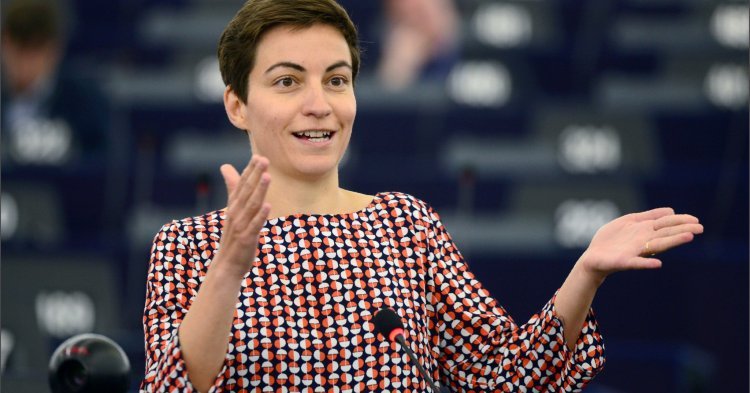

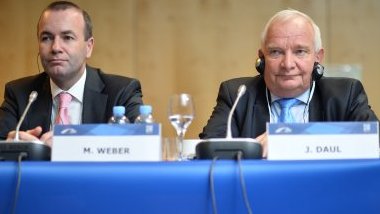
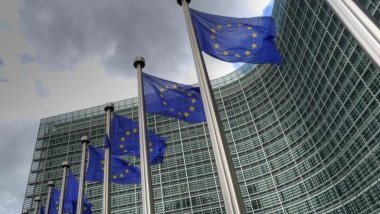
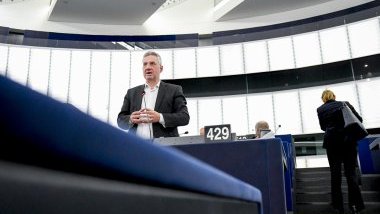
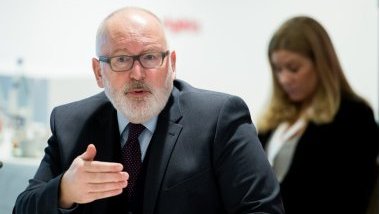

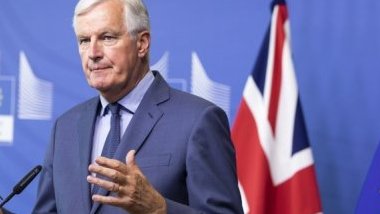
Follow the comments: |
|
